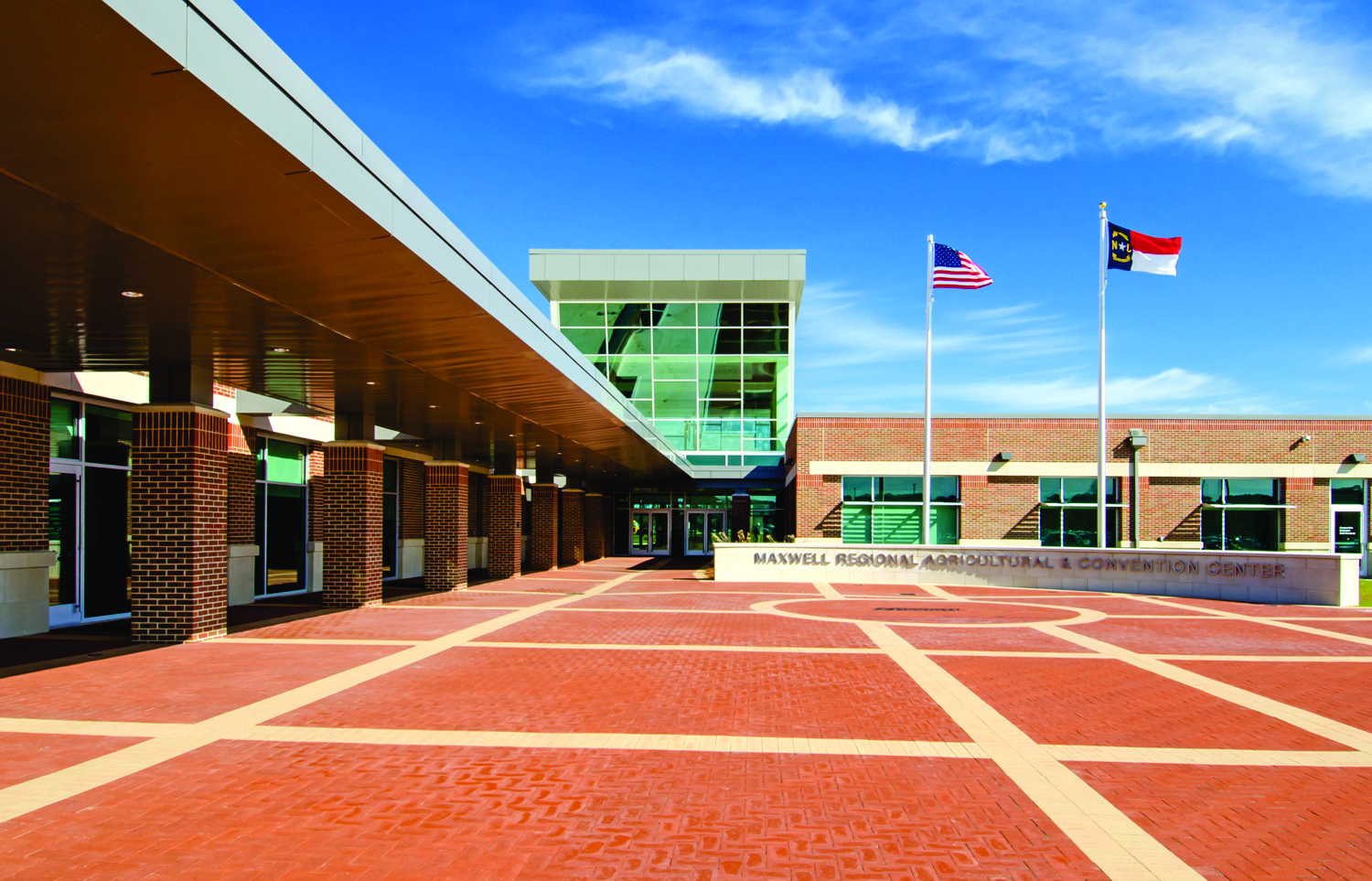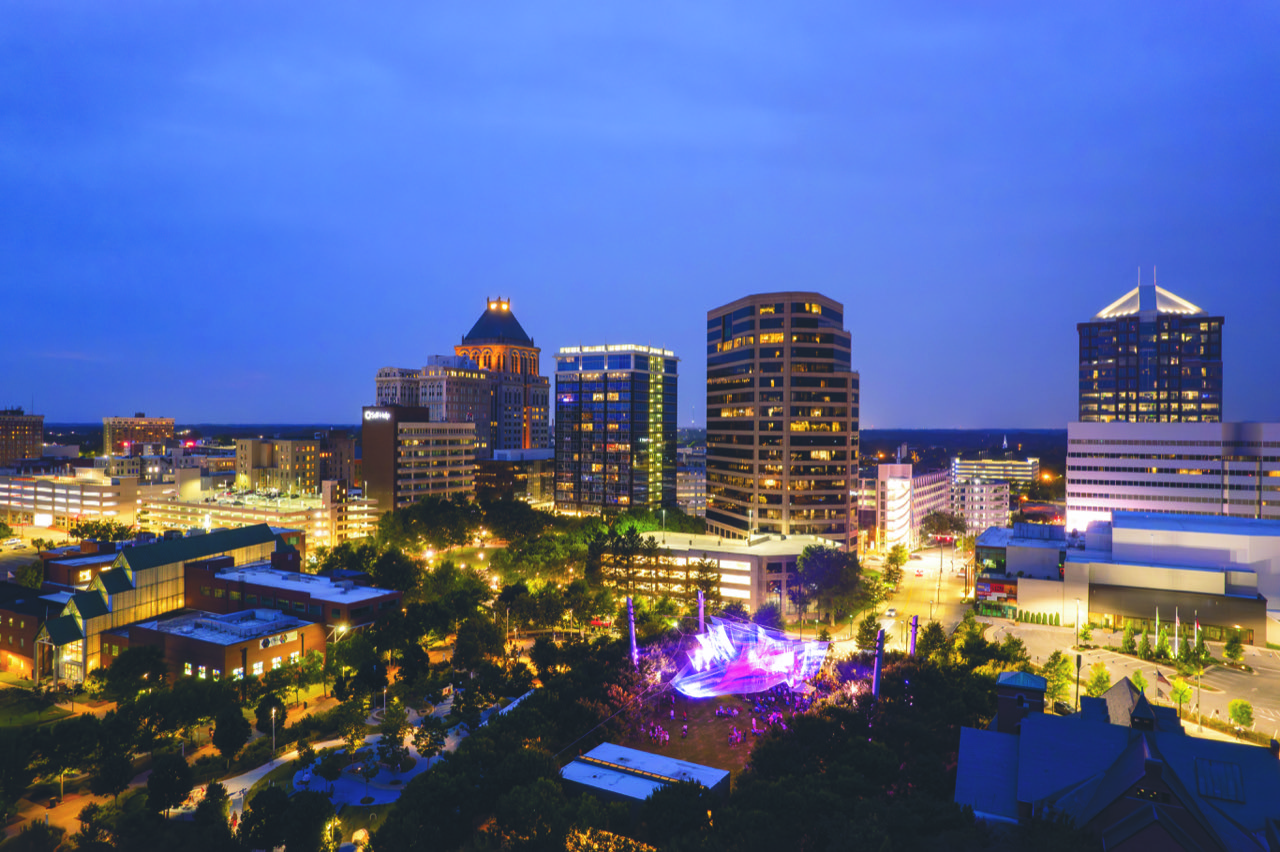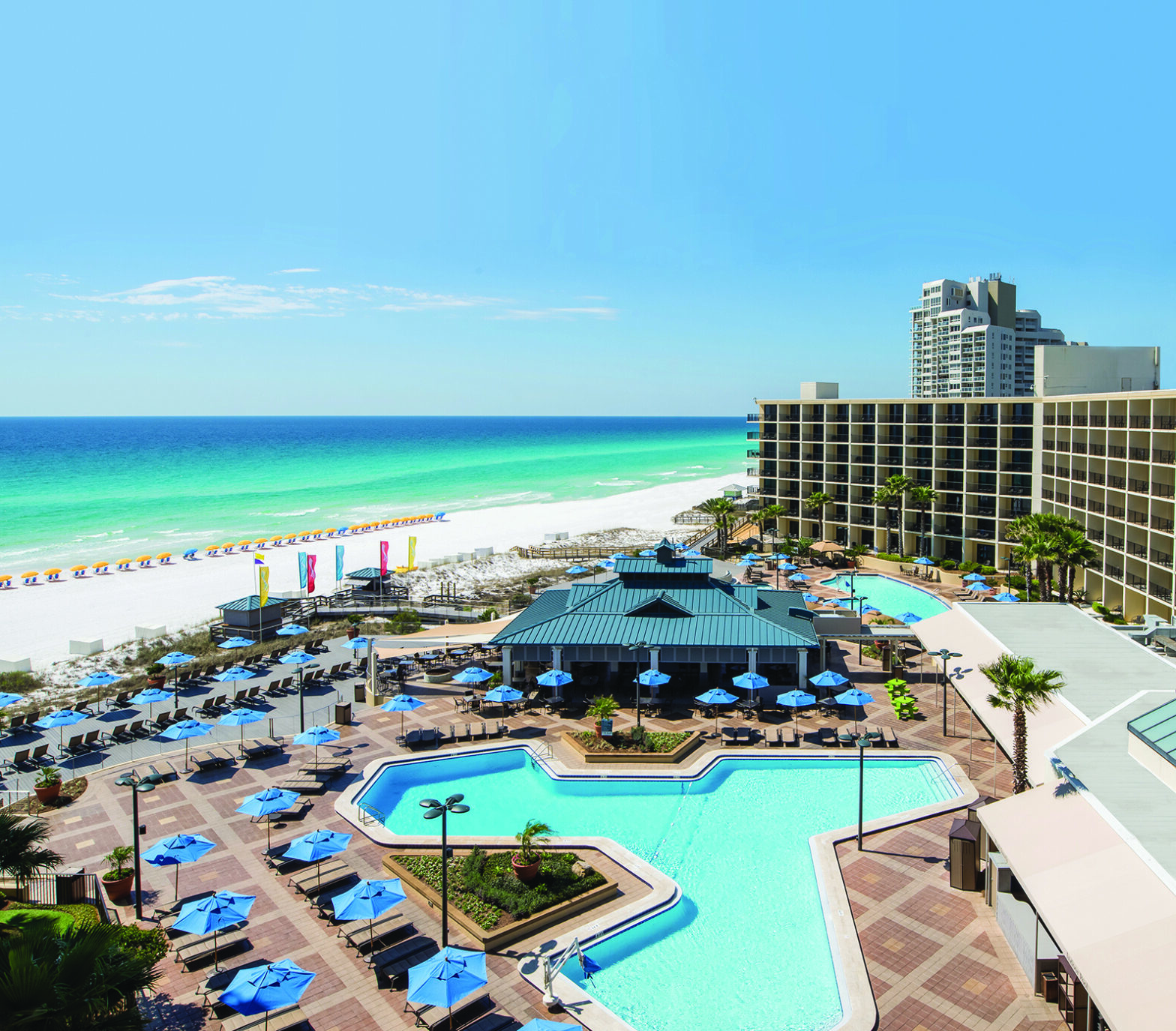
From student leaders to county officials, members of government and university organizations are back in person. And the events are bigger than ever, with many seeing larger-than-normal attendance numbers, even when compared with 2019 levels.
Encouraging, though not surprising. After all, there is nothing like connecting in person. Informative sessions, dynamic speakers, packed exhibit halls, live product demonstrations, and networking opportunities are drawing crowds.
Austin’s powers
When the annual Texas EMS Conference was held last November in Austin, Texas, an estimated 2,000 people were expected to attend; actual attendance hit 2,800. Similarly, the Government Finance Officers Association met in Austin last June, and attendance numbers exceeded organizers’ estimates by 400, with 6,400 turning out for the annual conference, according to Linda Atkins, vice president of convention services for Visit Austin.
In addition, the number of conferences and conventions coming to Austin has picked up. And it appears that will continue through 2023.
“In April and May 2022, we started seeing an upward turn,” Atkins says. “We have a lot of state association meetings, a lot of corporate, and a lot of tech groups coming here.”
Indeed, planned gatherings in Austin include the annual meeting of the Texas Commission on Environmental Quality, which expects 4,600 attendees. And organizers expect about 3,000 to attend the National Association of Counties 2023 Annual Conference & Exposition at the Austin Convention Center next month, says Nicole Weissman, the organization’s director of strategic communications.
“That’s at or likely exceeding pre-pandemic numbers,” Weissman says.
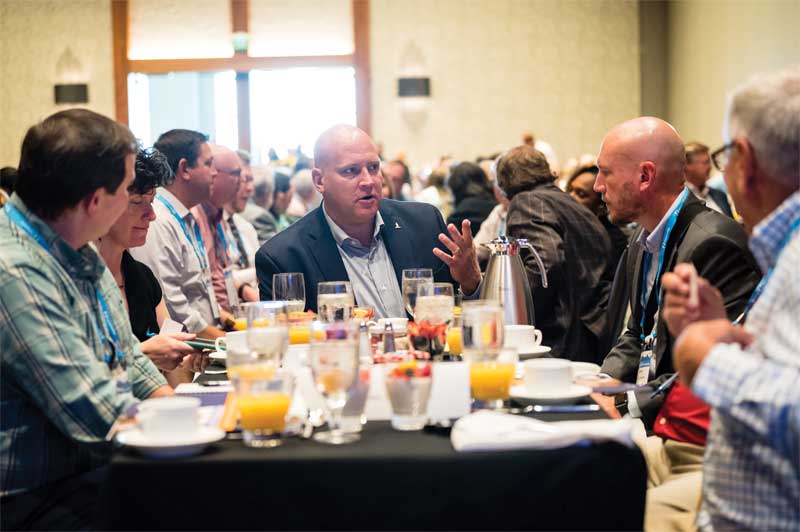
Based on that number of attendees, the conference is expected to have a $4.6 million economic impact on the city, says Atkins, who notes that is an average size conference for Austin. In addition, this year’s event includes programming encouraging attendees to visit locations throughout Travis County, spreading the economic impact beyond the immediate convention center area.
Beyond Austin’s vibrant music scene, diverse cuisine, and outdoor recreation options, new venues have added to the lure. One such venue is the $375 million Moody Center on the downtown campus of the University of Texas at Austin. Opened in April 2022, the multipurpose facility boasts a 530,000-square-foot arena with 15,000 seats.
Q2 Stadium opened in 2021 as a multipurpose venue for a variety of events, including Austin FC Major League Soccer games. The stadium seats 20,500 people and has an amphitheater that holds 3,000.
“That’s helping, too, with an increase in visitor and convention business,” Atkins says.
Back to school
University event organizers, like most planners, want a destination with easy transportation and plenty of lodging space, restaurant choices, and attractions. Nashville, Tenn., fits that bill, and Vanderbilt University, with on-campus venues and housing, is happy to host both internal and external groups in Music City.
Linda Welch, director of conference services for the Nashville university, says conferences and events have returned to pre-pandemic numbers. The university holds about 100 summer events, including youth sports programs. In addition, they work closely with Vanderbilt Student Centers to schedule conferences during the academic year.
“One of our internal groups is Vanderbilt Summer Academy that has multiple-week sessions for gifted children,” Welch notes. Vanderbilt also hosts programs for high school students, offering participants the college experience, as well as Vanderbilt Medical Center events.
“We host both overnight conferences and day youth camps every summer and host symposiums and conferences year-round,” Welch says. “We host two different computer day camps all summer where students learn coding, game design, robotics, and much more. We have a few STEM programs and business classes for high school students.”
During the school year, the university works with Nashville hotels to house guests, and it helps that the city is a hot hotel market. In summer, empty residence halls provide accommodations on campus, with the university working around the scheduled maintenance that takes place between academic seasons.
“We often have between 2,000 and 3,800 guests, depending on which residence halls are offline for maintenance,” Welch says.
Nashville also was the site of the Accreditation Council for Graduate Medical Education 2023 Annual Educational Conference, touted as the largest graduate medical education gathering in the world. More than 4,000 people attended the three-day event held in February at the Gaylord Opryland Resort & Conference Center. Beyond economic impact, the community benefitted from the conference’s day of service, during which attendees packed food boxes for a local nonprofit organization.
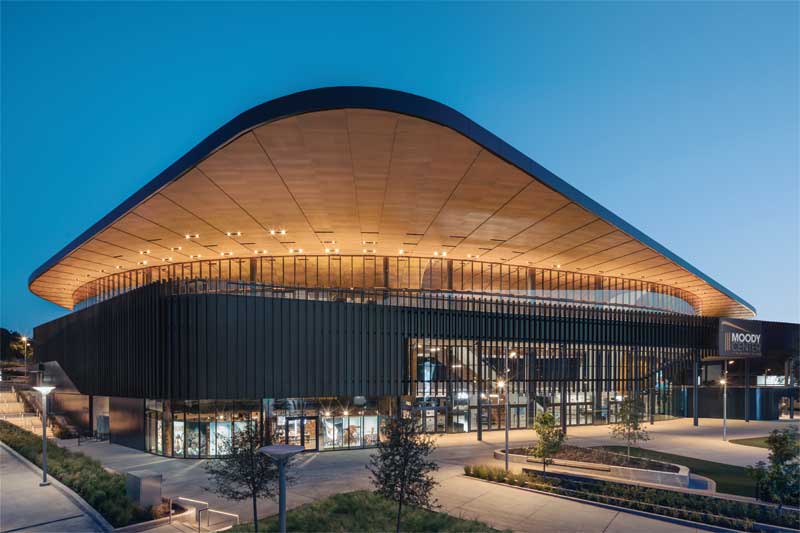
A capital idea
As the seat of the federal government and home to numerous associations and organizations, Washington, D.C., is a natural for government gatherings. Few areas rival the nation’s capital for attractions, many of which are free, including the U.S. Capitol building, the monuments along the National Mall, and the world-class Smithsonian Institution museums. Additionally, Washington provides unparalleled access to policymakers, experts, and thought leaders.
Many large conferences, including the Association of the United States Army Annual Meeting & Exposition with more than 30,000 attendees, are held at the Walter E. Washington Convention Center. The facility offers more than 700,000 square feet of exhibit space and 77 meeting rooms, with close proximity to dozens of hotels, restaurants, and attractions—including The White House.
Washington makes an apt location for a gathering of the American Student Government Association (ASGA). The group will hold its 2023 National Student Government Summit in October at the Hyatt Regency Washington on Capitol Hill. About 500 college and university student leaders and advisors are expected to attend, says Butch Oxendine, executive director and founder of ASGA.
“Washington, D.C.’s role as the advocacy capital of the world drives success for business events and adds value for attendees by tapping into D.C.’s network of federal policymakers, prospective industry sponsors, or high-level speakers,” says Susan O’Keefe, media relations manager for Destination DC. “Washington is an epicenter of think tanks, lobbying firms, and both national and international associations.”

